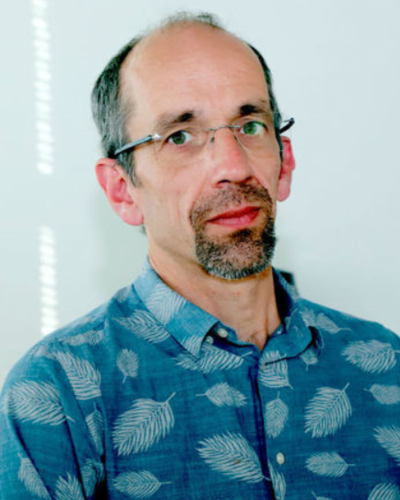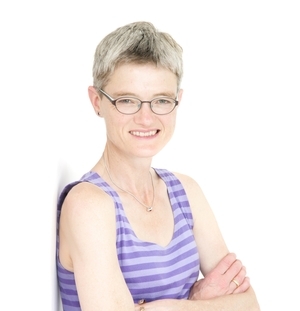Olaug Lian
“Symptoms in clinical interaction: Constructing risk, conceptualising uncertainty and taming chance.”
Professor in medical sociology and leader of the Medical Humanities research group at UiT- the arctic university of Norway. She has worked in various academic positions for the last 30 year, the last 10 as full professor. During this time, she has led several larger studies with international collaboration and interdisciplinary approaches, all related to cultural aspects of health and illness, clinical interaction, medical uncertainty, and healthcare provision. To facilitate research relevant to society, she has always kept close connections to fields of medical practice, while at the same time exhibiting the ways in which social science theories and perspectives bear relevance on understanding and developing this practice.
Read more here
Thor Eirik Eriksen
Theme: Symptoms in disease, health and life

Thor Eirik Eriksen is advisor and researcher in occupational health at the University Hospital of Northern Norway, and associate professor in health philosophy at UiT The Arctic University of Norway. He is interested in conceptions of health and illness, medical epistemology, evidence-based practice, symptoms and diagnoses, psyche and soma, and conceptions of causality.
Read more here
Stefan Hjørleifsson
Theme: Symptoms in disease, health and life – overdiagnosis

Stefan Hjørleifsson is associate professor of general practice at the University of Bergen. His research interests are overdiagnosis and overmedicalization, medical ethics and clinical communication, disease as a product of biology, culture and (loss of) meaning, intercultural issues in the medical encounter.
Read more here
Klaus Høyer
Theme: Symptoms and new technological infrastructures in biomedicine

Klaus Høyer is professor at The Centre for Medical Science and Technology Studies at the University of Copenhagen. He is interested in the organization and regulation of the healthcare system, in particular with respect to introduction of new medical technologies. His area of expertise is ethics as a form of regulation in relation to human bodily materials and health data. He works with data-intensive healthcare and with the performativity of hopes, promises and expections in the shaping of new technology, in particular focusing on stem cell technology and data intensity.
Read more here
Jane Macnaughton
“What can clinicians learn from humanities and social science insights into the experience and management of breathlessness?”

Jane Macnaughton is Professor of Medical Humanities at Durham University in the UK and Director of the University’s Institute for Medical Humanities (IMH). She has been centrally involved in the development of medical humanities in the UK since 1998. Her research focusses on the idea of the ‘symptom’: its initial appearance, development and evolution in connection with medical contexts, habits and technologies. Until August 2017 when Medicine moved to Newcastle University, Jane was Dean of Undergraduate Medicine at Durham University. She is now Professor in the Anthropology Department and interested in supervising work on the nature of clinical interactions, the development of symptoms, including breathlessness and symptoms relating to women’s health. She continues to be clinically active and is an Honorary Consultant in Obstetrics and Gynaecology at the University Hospital of North Durham working in colposcopy.
Read more here
Hasse Melbye
“Shortness of breath from a GP’s point of view”

Hasse Melbye is professor emeritus of general practice at UiT The Arctic University of Tromsø. Main topics of his research are evaluation of examinations and tests performed in general practice for the diagnosis of respiratory and cardiac illness, such as pulmonary and heart auscultation, spirometry, pulse oximetry, and CRP-tests. Other interests has been lower respiratory tract infections and exacerbations of asthma and COPD.
Read more here